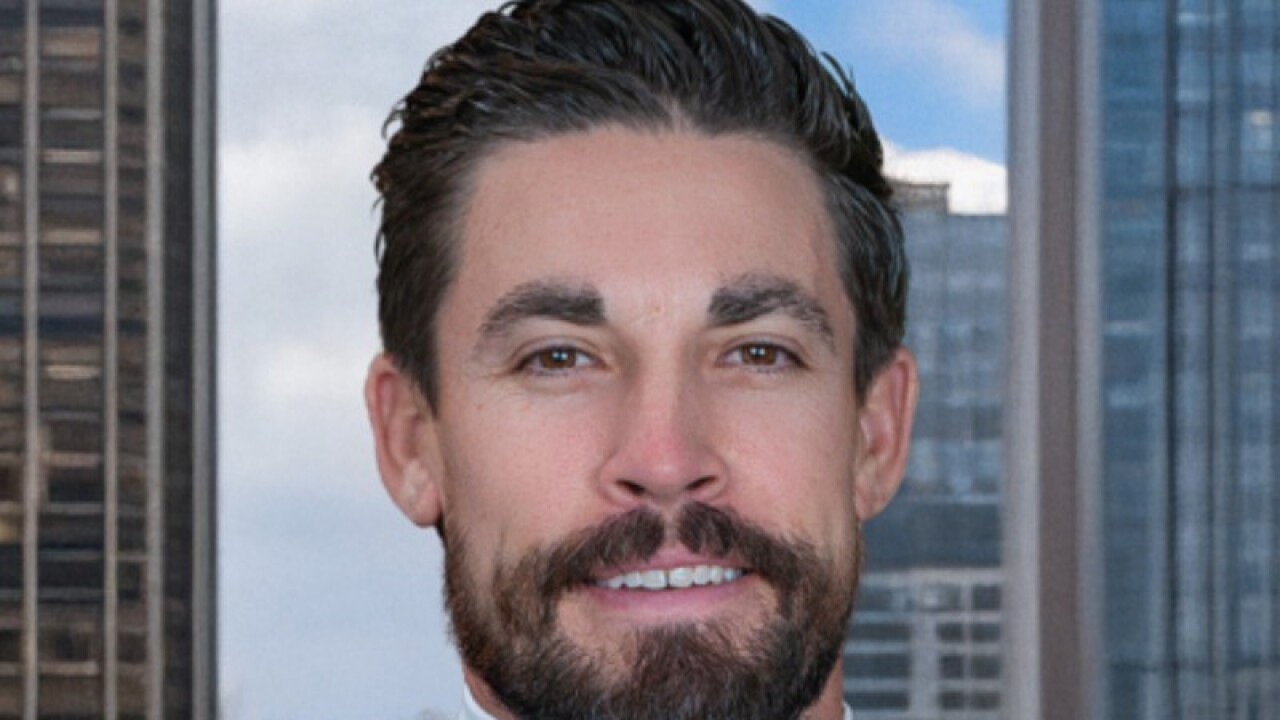The indictment of former Bank of America broker Theodore C. Sihpol, III last week should sound the alarm for fund executives that those criminally charged in the scandal could spend years locked up with murderers and rapists.
Sihpol was indicted in New York State Supreme Court and is facing 40 counts of fraud, grand larceny, violation of general business and falsifying business records. He is staring down 25 years behind bars in the New York State prison system.
Sihpol plans to plead not guilty at his arraignment on April 21, but is facing the wrath of hell-bent New York Attorney General Eliot Spitzer and a judge who has already sentenced one fund executive to prison.
If found guilty, Sihpol will be given no special treatment because of his white-collar criminal status. State prison tends to have a much higher ratio of inmate-to-inmate violence, lawyers say, and the harsh realities depicted in the HBO television series "Oz" could be a reality for any fund exec caged up with hard-core criminals.
"Generally speaking, we do not segregate white-collar criminals," said Linda Foglia, a spokeswoman for the New York State Department of Correctional Services. "The inmates are assessed on their physical and mental needs, the length of their sentence - on a number of factors."
Foglia said inmates can request protective custody, but such a move would need to be approved by the staff after a review of the circumstances. There are currently 1,300 inmates serving time for grand larceny, one of the charges Sihpol is facing, in the New York State system. And, their placement runs the gamut, from minimum- to maximum-security prisons, she said.
"State level is jail, man. There ain't no two ways about it," said Cheryl Moore, a partner in the Dallas office of law firm of Patton Boggs. "Prisoners will tell you it's worse if you are white collar, because the general population views you as privileged. Needless to say, they don't particularly care for the silver-spooners."
David Novak, a former white-collar prisoner in the federal prison system, who currently runs David Novak Consulting, a firm that advises white-collar criminals on issues relating to life in jail, said both state and federal prisons are "absolutely terrifying because you have no control over your life." Novak added that nine out of 10 people have no idea what to expect in prison and that those individuals heading to a state prison are generally a lot more apprehensive because of the anecdotes they hear about the assaults by other prisoners.
"These are high-profile individuals that are going to be dropped into the middle of an aggressive population with really no socialization," Novak said.
New York's most notorious prisons are maximum security Sing Sing Correctional Facility in Ossining and Attica Correctional Facility in Attica. However, the state does have four minimum-security camps, as well. But, minimum security is far from a guarantee for white-collar criminals, Foglia said.
James Patrick Connelly, Jr., the former vice chairman of Fred Alger Management, who pled guilty in October to tampering with evidence and entered prison in February, is now serving time in Mid-Orange Correction Facility, a medium-security prison in Orange County, NY.
Connelly is serving one-to-three years in jail for instructing Alger employees to destroy e-mails detailing the firm's market-timing arrangement with hedge fund Veras Investment Partners, and for coaching firm employees on how to answer regulators' deposition questions.
Connelly, who was transferred to Mid-Orange at the end of March and has a parole hearing in December, is in with the general population, Foglia said. He works Monday through Friday at the prison, making 32 cents an hour. An attorney representing Connelly did not return numerous requests for comment.
Sihpol and Connelly are by no means the only fund execs staring down serious jail time. Steven Markovitz, the former hedge fund trader from Millennium Partners, could also do hard time, as well as Security Trust Corp. executives Grant Seeger, Nicole McDermott and William Kenyon.
A number of high-level executives have been booted from their firms, and it is expected that regulators will continue to aggressively pursue individuals. Executives at Columbia, Putnam, Janus and numerous other firms have been let go, as well as high-profile names such as Harold Baxter, Gary Pilgrim and Dick Strong. Patton Boggs' Moore said she has every reason to believe prosecutors will bring charges against others in the funds industry, possibly some of her clients.
Club Fed
Several lawyers said that for those charged in federal court, life in federal prison is an attractive alternative to state prison, but still no picnic. Federal camps tend to have a lower ratio of violent offenders and group inmates by crimes, rather than mix them all in together. However, individuals generally have little control over which regulator charges them and which system they end up in.
"The prospect of Club Fed' for white-collar offenders really is not in the cards anymore," said Douglas C. McNabb, senior principal at McNabb Associates, referring to some of the minimum-security facilities that were known for their amenities and lax security 20 years ago.
Chad S. Hummel, a partner at Manatt, Phelps & Phillips, said federal minimum-security camps are highly disciplined, rigorous institutions.
"They don't have the barbed wire, they don't have the guard towers, they don't have the lockdown at night, but it's very Spartan, military style, barracks living, with definite curfew hours and very, very strict rules," Hummel said. "It really is not a place you want to spend time."
However, McNabb said that individuals tend to do a lot more time in the federal system since inmates have to serve a minimum of 85% of their sentence, whereas in the state system prisoners can often get paroled with more than half their sentence remaining.
And now that corporate practices are under such scrutiny, McNabb expects to see "corporate executives of publicly held corporations receiving sentences analogous to those of crack offenders," he said, adding, "That's true for a white-collar offender, who has no prior criminal history, no violent crimes, no firearms, and does not belong to a gang. These are your typical white-collar guys, who are going to receive huge sentences."
Copyright 2004 Thomson Media Inc. All Rights Reserved.
http://www.thomsonmedia.com http://www.mmexecutive.com





